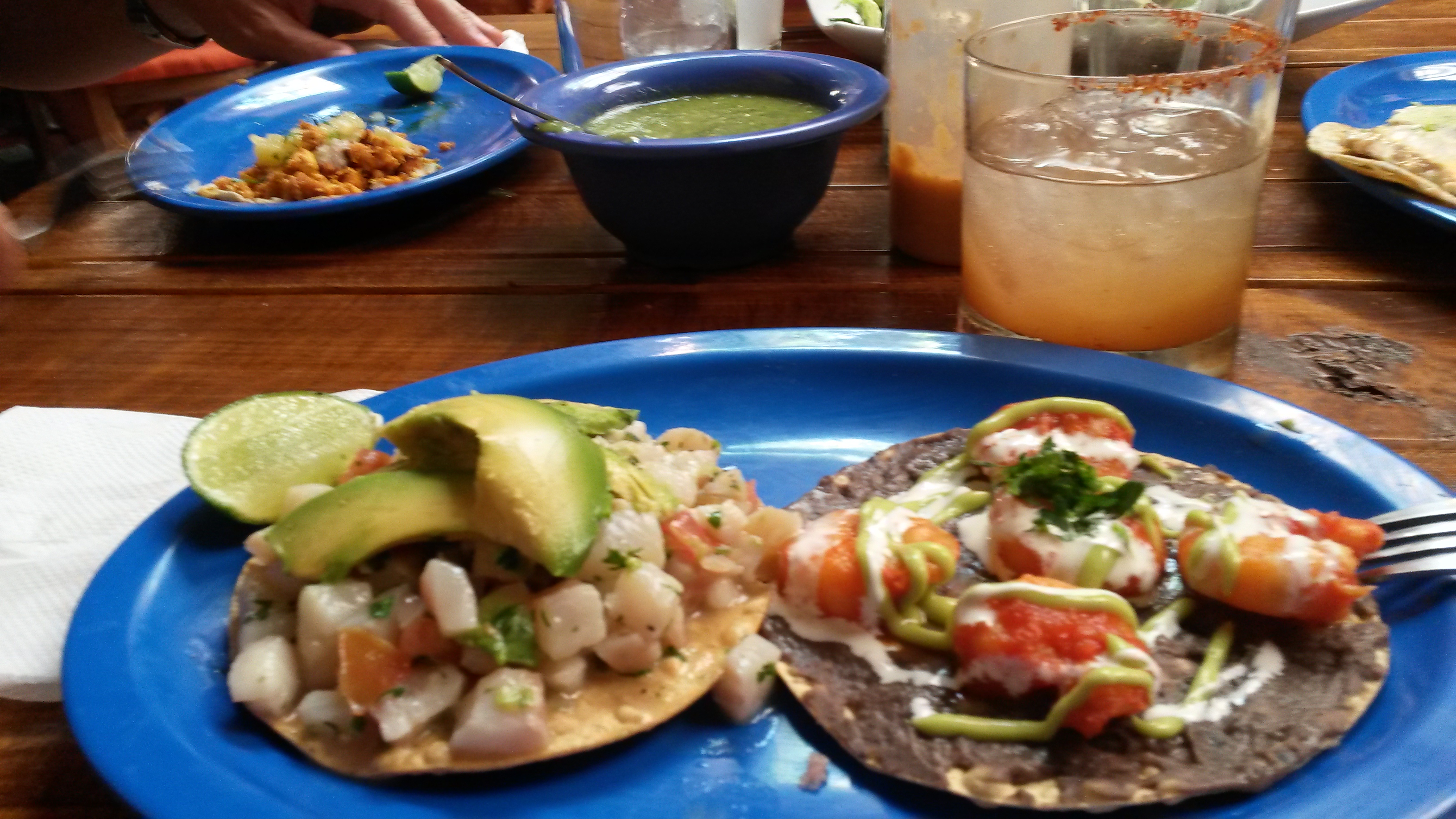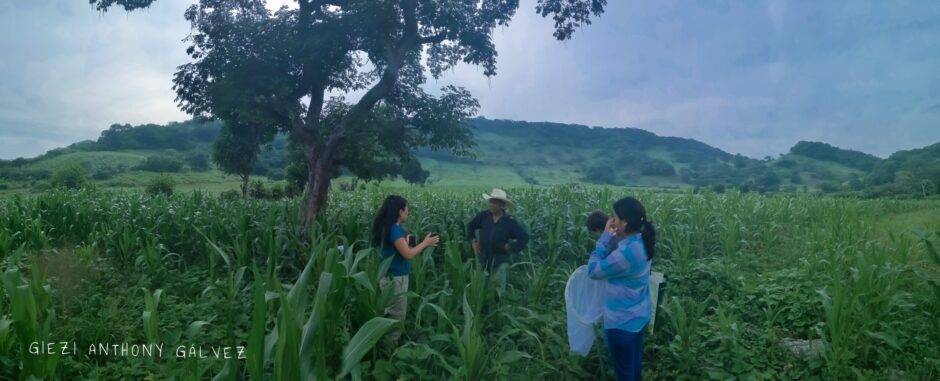A postdoctoral position will be available in Dr. Sean Schoville’s lab at the University of Wisconsin-Madison, in collaboration with Dr. Yolanda Chen (University of Vermont) and Dr. David Hawthorne (University of Maryland).
Summary:
Understanding the mechanisms underlying rapid evolutionary change, particularly at the scale of the whole genome, is an important challenge for both theoretical and applied evolutionary biology. This project focuses on the Colorado potato beetle, and its relatives, to understand the structural and functional genomic changes associated with the beetle’s host range expansion onto potato, the colonization of novel climatic regimes, and the rapid development of insecticide resistance (to over 50 classes of insecticides!). With a dataset comprising 100 whole genomes, this is an excellent opportunity to publish a number of high-profile research papers.
Position Responsibilities:
The post-doctoral associate will have the opportunity to analyze whole-genome resequence data to assess the population genomics and structural genomic changes across a diverse sample of Colorado potato beetle genomes. This project will provide training opportunities in bioinformatics analysis, population genetic modeling and phylogenomic analysis. Desirable skills for this project include familiarity with Linux operating systems and computer programming (Perl, Python, and/or R), as well as previous experience analyzing population genetic data.
How to Apply:
Funding for this position is available for 1 year with the possibility of extension. The annual salary will range from $36,000 – $42,000/year, depending on experience, and health insurance benefits are provided. To apply, please send a single pdf with a cover letter, a CV, 1-2 representative publications, and names and contact information for 3 references to Dr. Sean Schoville, email: sean.schoville@wisc.edu, by December 21, 2015. The start date is flexible but preference will be given to candidates that can begin early in 2016. The University of Wisconsin is an equal opportunity/affirmative action employer.
For more information about the research in our groups, please go to:
http://labs.russell.wisc.edu/molecularecology/
http://blog.uvm.edu/yfanslow/
http://entomology.umd.edu/hawthorne-david.html
 Fish and shrimp tacos in San Miguel de Allende.
Fish and shrimp tacos in San Miguel de Allende.